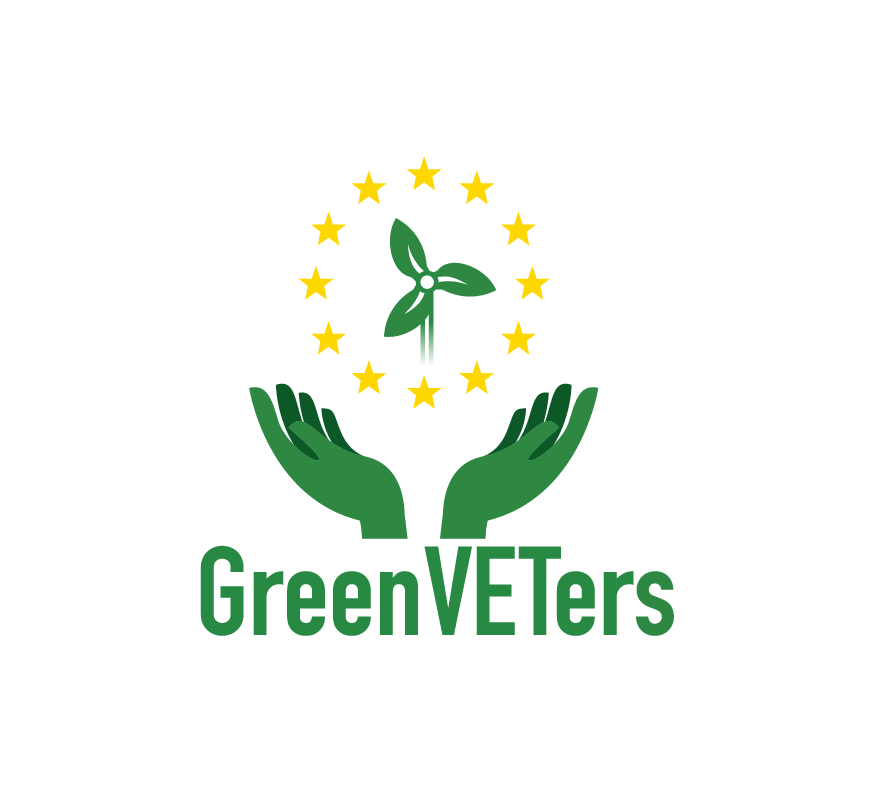Since the middle of the 20th century, contemporary Western societies have evolved and flourished in a socio-political context widely known as “democracy” or “liberal democracy”. Even though democracy appears to be a “work in progress” in Europe as
European countries do not experience the same level or characteristics of democratic rule, democracy as a concept has been as old as the ancient Greek civilisation from which it took its name.
Composed of the two Greek words “demos” (=people) and “Kratos” (=power, state), democracy includes a system of government in which people’s will, formally known as citizens, is the basis of all political decisions and actions. In the literature review, you can find several terminologies, descriptions as well as interpretations of the word “democracy”; this happens as a result of the focus areas and the critical analysis that individuals, scholars, experts and institutions do with regard to the concept of “democracy”.
Indicatively, we present here two definitions provided by two distinguished organizations, the Council of Europe and the UN. In particular:
…democracy can be thought of as the “power of the people”: a way of governing which depends on the will of the people Council of Europe, n.d.
…the fundamental principle of democracy is that the will of the people is the source of legitimacy of sovereign states… UN, n.d.
As you can observe from these two definitions, democracy is inextricably linked to what is called “the will of the people”, even though the UN definition focuses here mostly on the importance of people’s will for state legitimacy.”, even though the UN
definition focuses here mostly on the importance of people’s will for state legitimacy.
In this unit, we will focus on democracy by looking deeper into the fundamental principles that guide our social lives in modern European states, while we will explore two innovative processes that broaden the concept of democracy in our societies, namely citizen deliberation and deliberative democracy. Faced with inequalities, climate change and social unrest, European societies are called to re-consider the quality of their democracy as well as further democratise decision-making processes. To face contemporary challenges Europe needs more voices and more people actively participating in positively shaping its present and future

